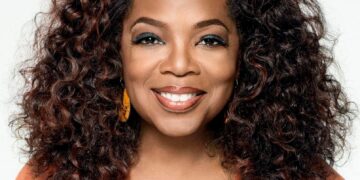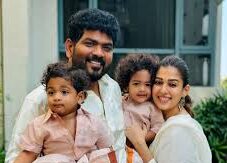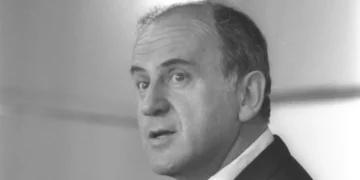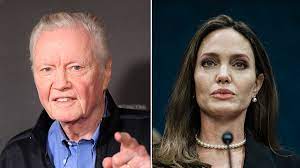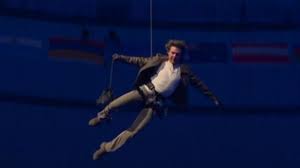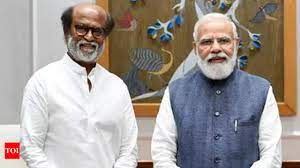In a recent interview with TMZ, Mitchell Bard, a member of the American-Israeli Cooperative Enterprise (AICE), criticized Selena Gomez for succumbing to the pressure exerted on celebrities to boycott and vilify Israel. Bard alleged that Gomez prioritized her business interests over addressing the tragic events involving 1,400 Israelis and the abduction of 240 hostages, including vulnerable demographics such as the elderly, disabled individuals, women, and children as young as 9 months.
Bard accused Gomez of diverting attention from the real issues by focusing on her business concerns, particularly when Rare Beauty’s CEO followed pro-Israel accounts. AICE expressed disappointment in Gomez’s stance, accusing her of appeasing bullies and adopting a pro-Palestinian position that, in their view, misrepresents the situation.
On the other side of the debate, Alia Malak, a founding member of the Palestinian organization Boycott, Divestment, and Sanctions (BDS), defended Gomez’s advocacy for ceasefire, justice, and accountability. Malak emphasized that Gomez, along with many global artists and cultural figures, is standing on the right side of history by calling for an end to oppression in light of the Israeli-Palestinian conflict.
Despite these contrasting perspectives, Selena Gomez and her brand have come under intense scrutiny. Critics have labeled her an anti-Semite, Jew-hater, and opportunist, accusing her of presenting a one-sided narrative. The controversy surrounding Gomez reflects the complex and polarized nature of discussions related to the Israeli-Palestinian conflict in the public eye.









